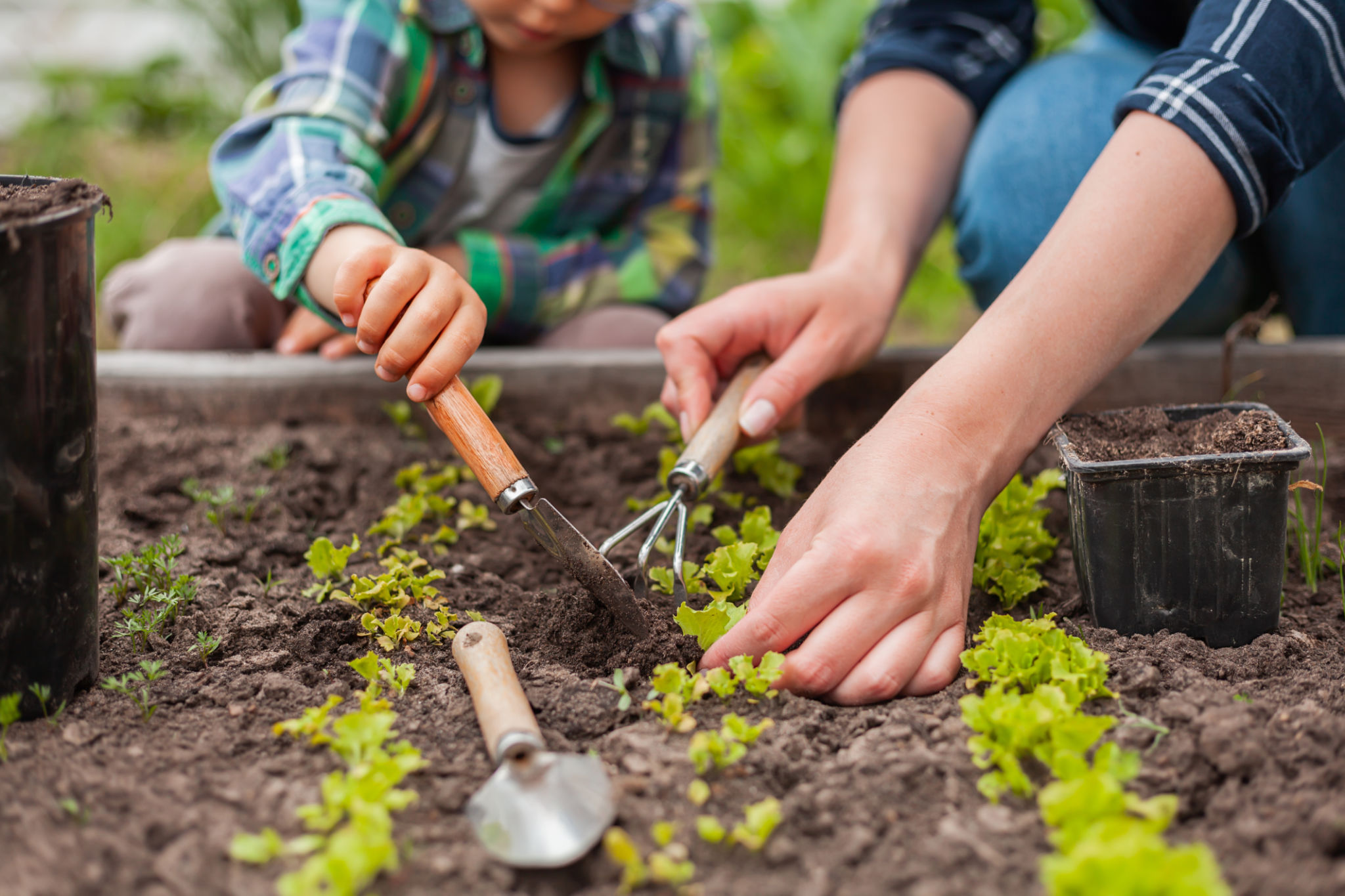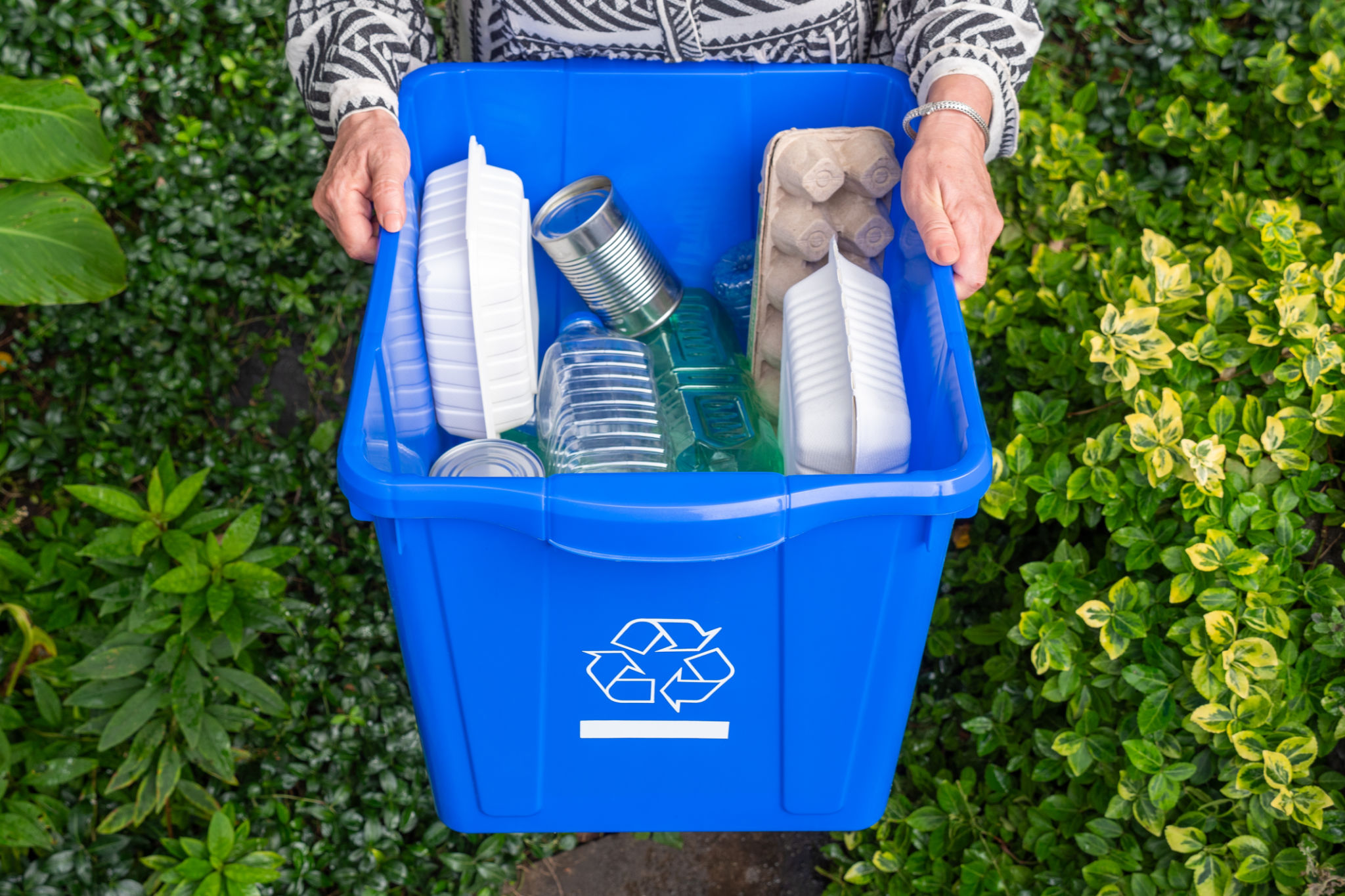Exploring Environmental Sustainability: Projects for Georgia High School Clubs
Introduction to Environmental Sustainability
Environmental sustainability is a crucial topic that resonates with the next generation of leaders. High school clubs in Georgia have a unique opportunity to enact change by engaging in projects that promote sustainability. Whether it's through hands-on activities or educational campaigns, students can make a significant impact in their communities.

Creating Community Gardens
One of the most effective ways for high school clubs to contribute to environmental sustainability is by creating community gardens. These gardens not only beautify local areas but also serve as educational tools. Students can learn about plant life cycles, sustainable agriculture, and the importance of biodiversity.
To start a community garden, clubs can partner with local organizations and seek guidance from gardening experts. This project can involve the entire school community, encouraging collaboration and a sense of shared responsibility for the environment.
Steps to Establish a Community Garden
- Identify a suitable location with adequate sunlight and access to water.
- Secure necessary permissions from school authorities or local councils.
- Plan the layout, including types of plants and maintenance schedules.
- Organize students into teams for planting, watering, and upkeep.
Organizing Sustainability Workshops
Sustainability workshops offer students a chance to learn about various environmental issues and solutions. High school clubs can organize workshops that focus on topics like waste reduction, renewable energy, and eco-friendly practices. These workshops can be open to the public or tailored specifically for other students.

To make these workshops impactful, clubs can invite guest speakers who are experts in environmental science or sustainability. Interactive sessions, such as DIY composting or solar panel demonstrations, can engage participants and provide practical knowledge.
Potential Workshop Activities
- Interactive sessions on recycling and waste management.
- DIY projects like building birdhouses from recycled materials.
- Panel discussions with local environmental activists.
Implementing Recycling Programs
Recycling programs are essential for reducing waste and promoting sustainable practices in schools. High school clubs can spearhead initiatives to set up efficient recycling systems within their institutions. This could involve placing clearly labeled bins around the school and educating peers on what materials are recyclable.
Furthermore, clubs can organize events such as recycling drives or competitions to encourage participation. By making recycling a community effort, students can instill a culture of environmental responsibility.

Tips for Successful Recycling Programs
- Conduct surveys to understand current waste habits and identify areas for improvement.
- Create awareness campaigns through posters and social media.
- Collaborate with local waste management companies for support and resources.
Conclusion: Fostering a Green Future
By engaging in environmental sustainability projects, high school clubs in Georgia can inspire change and foster a greener future. These initiatives not only benefit the environment but also empower students with skills and knowledge that extend beyond the classroom. By taking action today, these young leaders are paving the way for a more sustainable tomorrow.